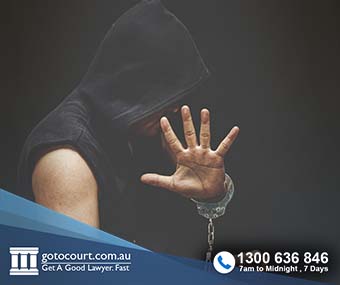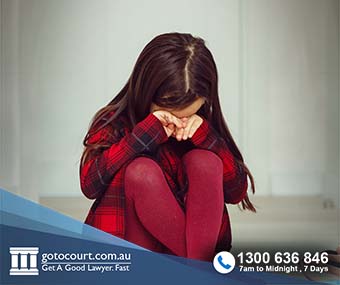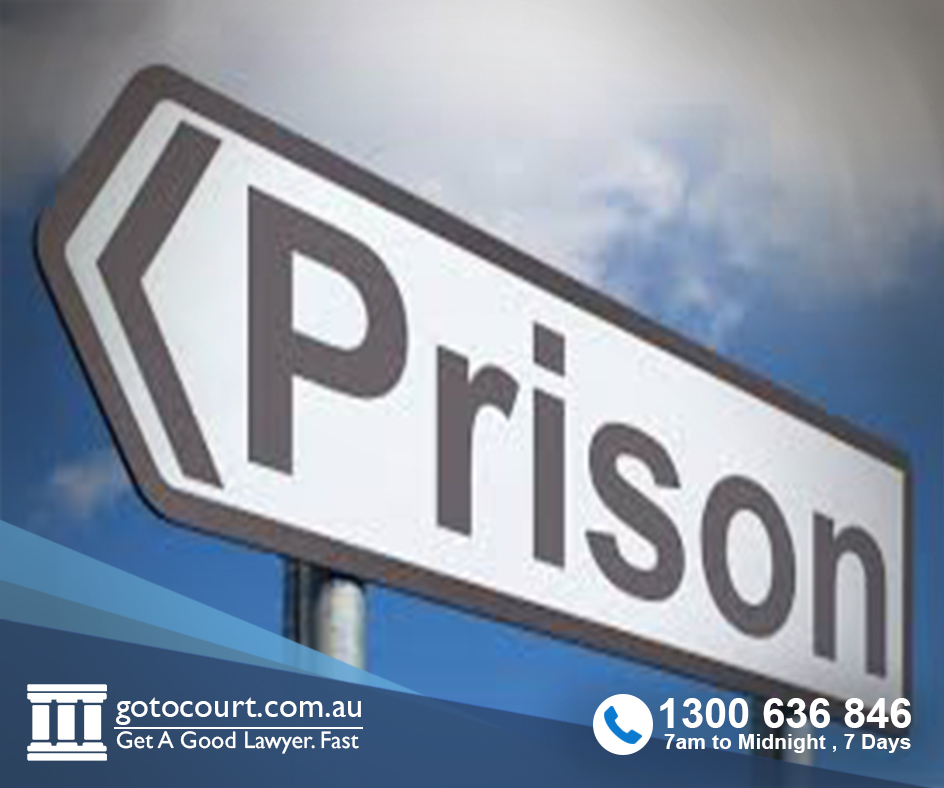Youth Detention (WA)
Children between the ages of 10 and 18 who are found guilty of a criminal offence in Western Australia can be sentenced to a period of youth detention. Children charged with offences and refused bail are held in youth detention on remand. Western Australia has only one youth detention centre, Banksia Hill Detention Centre, which houses both males and female who are being held on remand or sentenced to detention. The centre has been the subject of controversy in recent years.
Age of criminal liability
Children below the age of 10 cannot be arrested or charged with a criminal offence in Western Australia. Children between the ages of 10 and 14 can only be found guilty of an offence if the prosecution can show that they had the capacity to distinguish right from wrong.
Detaining young people
The Young Offenders Act 1994 sets out how the Children’s Court must deal with young offenders. The act provides that young offenders who are sentenced to youth detention must be held in a facility that is suitable for young people and must not be exposed to adult prisoners. It also states that young people should only be detained as a last resort and for the shortest period of time necessary.
What happens in youth detention?
Children aged under 17 are required to attend school while in detention. Children who are over 17 can choose to attend school or to take part in vocational training. Psychological and social development programs are also available for young people who require them. Young people in detention also take part in recreational activities such as sports.
Banksia Hill Detention Centre allows visits every day during specified hours. Parents and guardians can visit anytime during the specified hours, up to four times a week. Friends and relatives require written permission from the parent or guardian of the young person prior to visiting. Visitors under 18 must be accompanied by an adult who is approved to visit the young person. Visitors are subjected to security searches upon entering the centre.
Young people at Banksia Hill can make phone calls to approved numbers and receive seven free phone calls per week. Phone calls to people other than parents or guardians must be approved by a parent or guardian.
Human rights
The detention of young people in Australia has been in the spotlight in recent years, following revelations of human rights abuses in Don Dale Detention Centre in the Northern Territory. Children’s rights advocates have called for the minimum age of criminal liability to be raised, arguing that criminalising young children further disadvantages underprivileged communities and increases the likelihood of the young person coming back into the prison system as an adult. The overrepresentation of Aboriginal youths in Australian detention centres has also been cited as an indictment on the youth justice system. Aboriginal and Torres Strait Islander youth are 53 times more likely to be in detention than their non-Indigenous counterparts.
A damning report on youth detention in Western Australia was released in 2018, revealing that 89 per cent of children in detention in the state at that time had a severe cognitive impairment and that 35 per cent had foetal alcohol spectrum disorder. The researchers suggested these impediments may have contributed to the young people’s criminal offending and that had these conditions been identified and treated at an earlier stage, the young people may have avoided coming into contact with the youth justice system. The report has added weight to calls to provide support and healthcare to vulnerable young people, rather than responding punitively to youth crime.
Amnesty International last year suggested that the mistreatment of two detainees who were likely held in solitary confinement for up to 10 days in Banksia Hill Detention Centre amounted to a breach of international conventions to which Australia is a signatory, such as the Convention Against Torture.
The Minister for Corrections maintains that the detention centre is necessary to deal with serious criminal offending by young people in Western Australia and that steps are taken to rehabilitate young people while in detention.
If you require legal advice or representation in a criminal matter or in any other legal matter, please contact Go To Court Lawyers.








